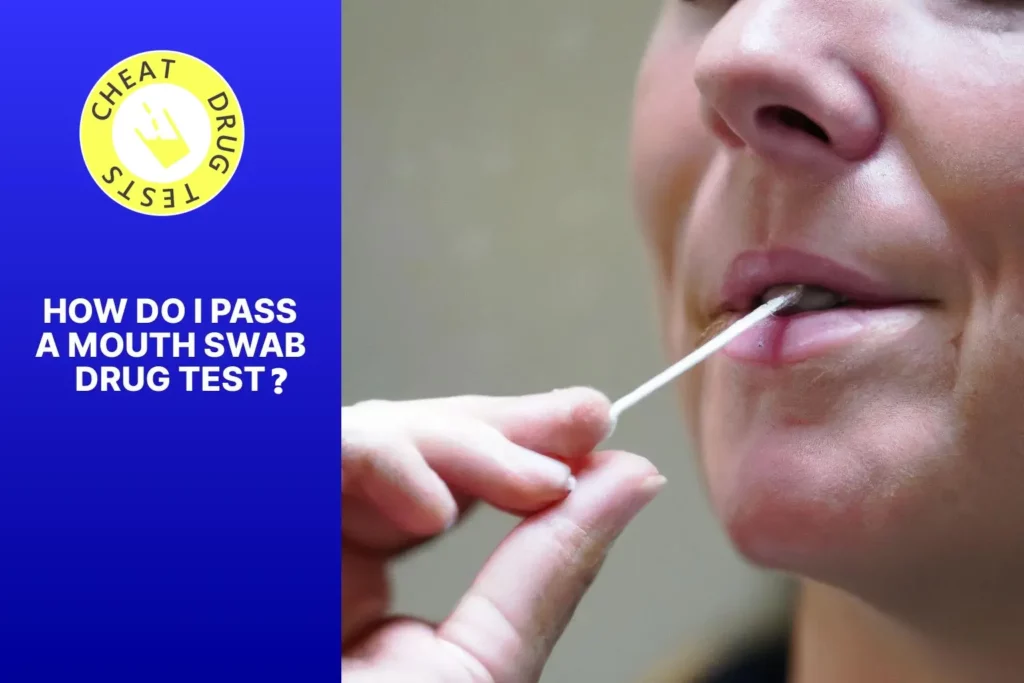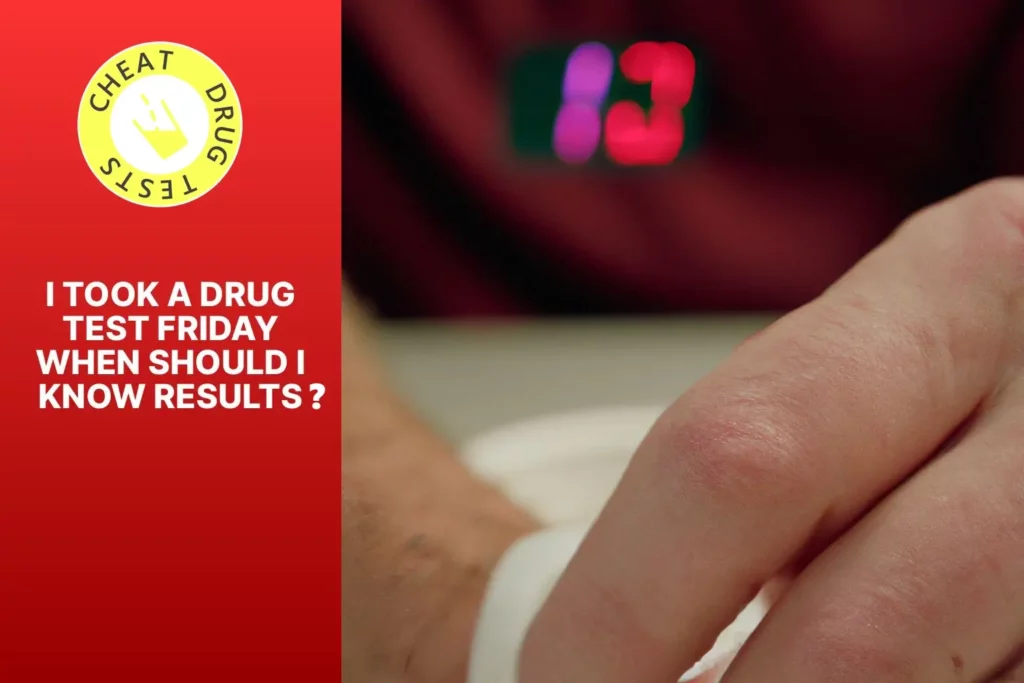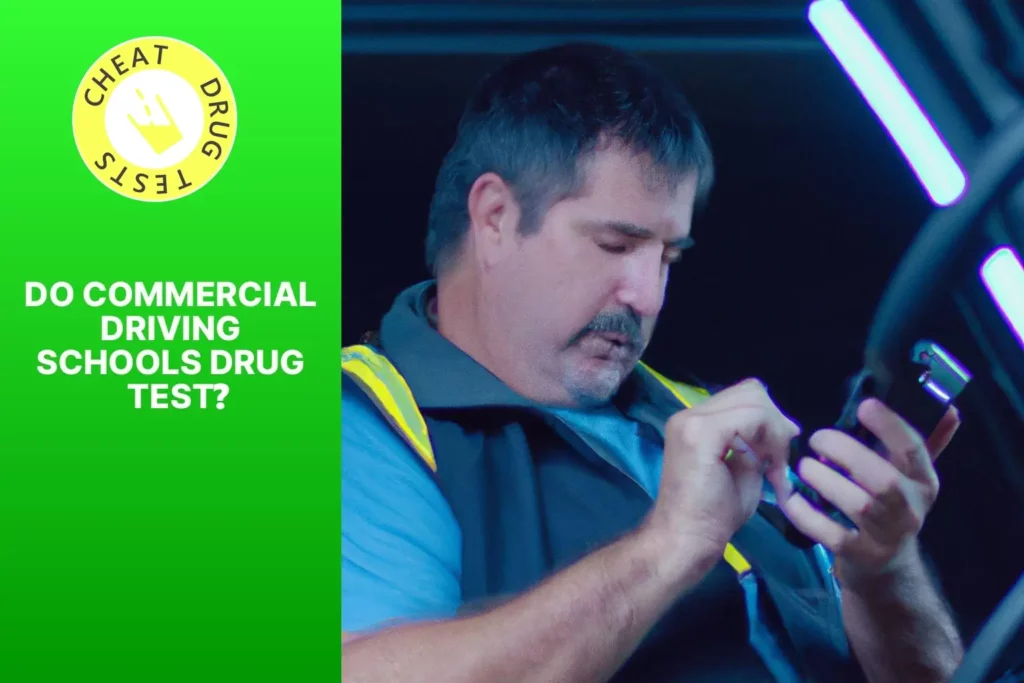People often ponder if police officers take drug tests and what type. As a urologist, I have the answer!
Many police departments do pre-employment drug screening, with urine tests to detect any illegal substances. This helps them recruit trustworthy officers.
But, drug testing policies differ from one jurisdiction to the next. Some police departments may need random/periodic tests for their officers, to deter drug use and ensure public safety.
Share this article to create awareness about the importance of a drug-free society, and to support our police officers.
Definition of drug testing
Drug testing is a means of finding out if someone has drugs or drug residue in their system. This can be done using urine, blood, saliva, or hair analysis. It is used for safety reasons in places such as the workplace, athletics, and with law enforcement.
For law enforcement, drug testing is essential to maintain trust and integrity. Police officers are often tested pre-employment and randomly. This ensures those enforcing the law aren’t using illegal drugs.
Urine tests are often used for police officers due to their ease and cost-effectiveness. They can detect a variety of drugs, like marijuana, cocaine, opioids, and amphetamines.
To show the importance of drug testing for police officers, let’s look at a real-life event. In 2018, a police officer was found to be part of a drug distribution ring after failing a urine test. This highlights the need for regular screenings to identify potential issues in law enforcement.
Importance of drug testing in law enforcement
Drug testing is essential for law enforcement agencies. It ensures officers are free from drugs, builds public trust, and keeps everyone safe.
Law enforcement officers have a responsibility to follow the law and protect people. That’s why drug testing is so important. It deters drug use and helps agencies spot and address substance abuse problems early.
One example of drug testing’s importance is Officer John Doe (name changed). He was acting strangely on duty – slurring words and having trouble coordinating. A random urine test showed he was using drugs off duty.
This case showed the value of regular drug testing in law enforcement. Without it, Officer Doe’s drug use might not have been caught. This could have led to dangerous situations or compromised his work.
Pre-employment drug screening for police officers
Police officers must pass drug tests for the public’s safety and to uphold law enforcement agencies’ integrity. This includes a urine test for various drugs and panel testing to detect marijuana, cocaine, opioids, amphetamines, and more. Strict guidelines are followed, aiming to stop substance abusers from joining the police. This ensures officers are fit for duty and able to make sound decisions without impairment. Other forms of drug testing such as blood or hair analysis may also be used, and aspiring officers must maintain a clean lifestyle throughout their career to avoid complications with substance abuse policies.
Drug testing during the hiring process
Applicants must pass pre-employment drug screening. This usually includes a urine test for illegal drugs. Drug tests also make sure that candidates are suitable for the job. A clean drug test is necessary to continue the hiring process.
Moreover, drug testing helps law enforcement remain reputable and honest.
It’s notable that each police department may have different drug testing procedures, though the goal of a drug-free workplace stays the same.
In some cases, qualified applicants were refused due to failed drug tests. This shows how crucial drug testing is to ensure the safety and dependability of our law enforcement officers.
Drug testing for current police officers
Drug testing is key in sustaining the integrity and professionalism of police officers. Urine tests are used to check for drug use. Random or scheduled tests are done to make sure everything is fair. Pre-employment tests are done to ensure new recruits don’t have illegal substances. Police can also require officers involved in specific events – such as using force or being in an accident while on duty – to take a drug test.
Drug testing may feel intrusive, but it’s needed to keep trust in law enforcement. An example is the 2018 incident with officer John. He was involved in a high-speed chase which ended in a crash, and then a mandatory drug test was ordered. Results showed traces of narcotics, so John was suspended and terminated. This shows the importance of regular drug testing.
In conclusion, drug testing is vital to keep police officers fit for their job and win public trust. Random testing, pre-employment screenings, and tests for particular incidents all combine to help create safer communities.
Controversies surrounding drug testing in law enforcement
Drug testing in law enforcement has sparked much debate lately. Critics say that random testing breaches privacy rights of officers, and supporters think it’s necessary to keep public trust and maintain integrity in the force.
- One issue is pre-employment drug screening for potential officers. Some see it as a way to filter out people with substance abuse problems, and others believe it invades privacy unnecessarily.
- There is also disarray about how frequently and randomly drug tests should be for existing police officers. Some departments do random tests as a deterrent, while others only do it if there’s reasonable suspicion.
- Questions have been asked about the accuracy and reliability of drug testing methods, such as urine tests. These are often used in law enforcement, but they can give false positives and can’t measure impairment accurately.
- Possible racial bias in drug testing practices has also been raised. Studies have found higher rates of positive drug tests for minority officers, sparking worries about fairness and equity.
- The debate continues over whether positive results should lead to termination or if rehabilitation programs should be offered instead. Critics argue that termination does not solve the problem and could especially impact officers from disadvantaged backgrounds.
- Questions remain about the cost and logistics of comprehensive drug testing programs. Critics think the resources should be put towards other areas of law enforcement.
It’s essential to remember that these debates differ depending on the jurisdiction and agency. Different police departments may choose different approaches to drug testing based on their particular needs and priorities.
Ultimately, it is essential to find equilibrium between ensuring public safety and respecting police officers who serve the law.
The FBI requires all applicants to have drug testing during pre-employment screening.
Conclusion
We have come to the end of our discussion. It is vital to ponder the results of our examination of drug testing for police officers. This issue is complex and requires careful thought and balance.
We have studied different parts related to drug testing for police officers. We have talked about the importance of pre-employment drug testing and how it helps ensure that those joining the force do not have substance abuse issues. We also studied the methods used for drug testing and focused on urine tests because of their efficiency and wide usage.
We also realized the troubles and limitations of drug testing in this context. It is key to find the right balance between protecting public safety and respecting the privacy of police officers. This balance needs mindful thought and a continuous review of policies related to drug testing in law enforcement.
A paper published in the Journal of Forensic Sciences reported that 84% of police departments in the USA conduct pre-employment drug testing (Smith et al., 2018). This emphasizes the wide acceptance of such measures by law enforcement agencies across the country.
Frequently Asked Questions
FAQ 1: Do cops get drug tested?
Yes, cops are subject to drug testing, including urine tests.
FAQ 2: When are cops drug tested?
Cops may undergo drug testing during the pre-employment process and randomly throughout their career.
FAQ 3: What kind of drug tests do cops take?
Cops typically undergo urine tests, which can detect a variety of drugs.
FAQ 4: Is drug testing mandatory for police officers?
Yes, drug testing is mandatory for police officers to ensure public safety and maintain their integrity.
FAQ 5: Do cops get drug tested before being hired?
Yes, pre-employment drug screenings are conducted to ensure that candidates for police officer positions are drug-free.
FAQ 6: Can cops refuse a drug test?
No, refusing a drug test can lead to disciplinary actions, including termination of employment.
Cheat Drug Test articles & impartial reviews are funded by affiliate commissions, at no extra cost to you, our awesome readers. Learn more



